The Mangrove Grandparents of El Delgadito – Hakai Magazine
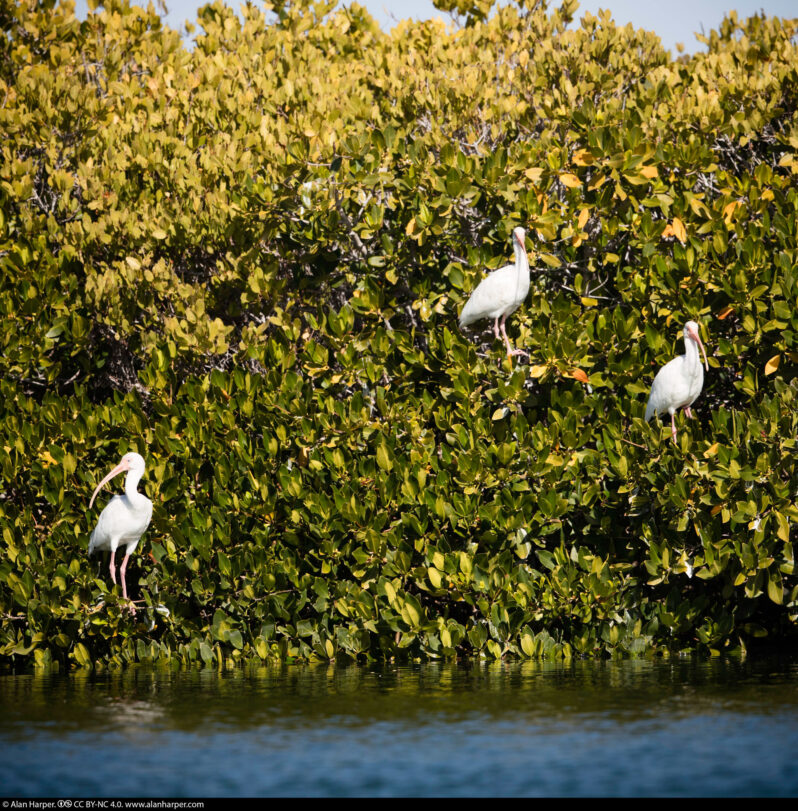
For over a decade, Ana María and David have led their community to restore Mexico’s desert mangroves with dedication, experimentation, and plenty of heart..
The World Is Running Out of Male Sea Turtles – Science Alert
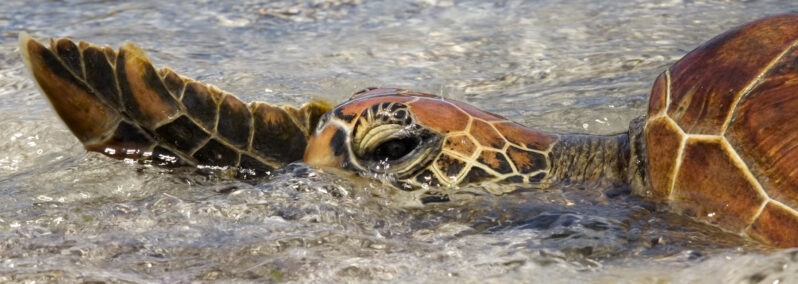
Green sea turtles are already an endangered species, mainly due to humans hunting them, harvesting their eggs, degrading their habitats, or entangling them in garbage of some kind. But they also face another, more insidious threat from people: the loss of male hatchlings from the species…that this is partly caused by rising temperatures due to climate change – but a new study has now unveiled another human-caused problem driving this trend. Certain pollutants may promote feminization in sea turtles, explains lead author Arthur Barraza, a toxicologist with the Australian Rivers Institute at Griffith University…
Weaving the Harbor Back to Life – Hakai Magazine
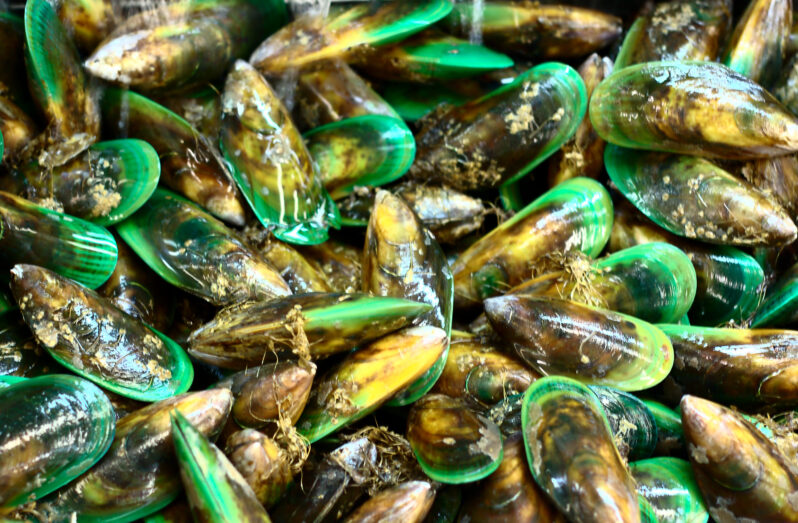
How Māori knowledge is helping to revive the mussel population in New Zealand’s Ōhiwa Harbour…
Research Confirms Link Between Snow Crab Decline and Marine Heatwave – NOAA Fisheries
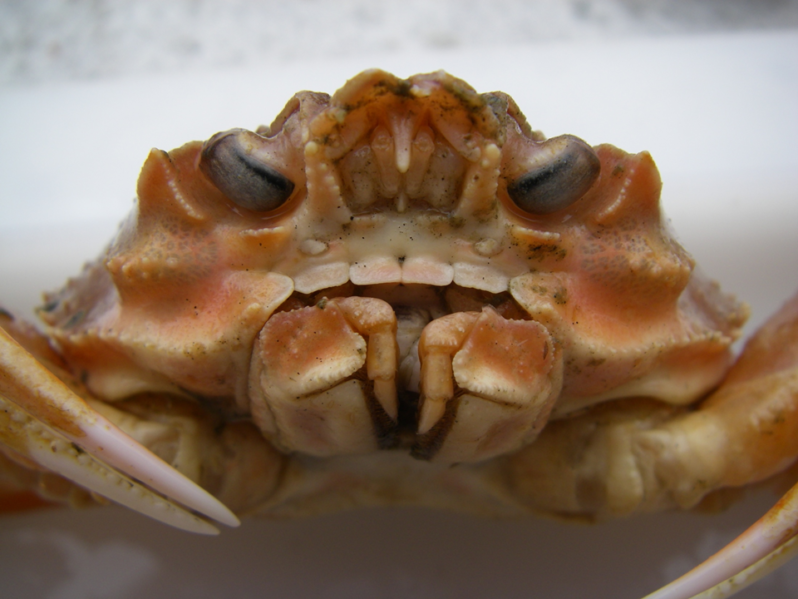
“During the marine heatwave, snow crabs faced a triple threat,” said lead author and Alaska Fisheries Science Center stock assessment scientist Cody Szuwalski. “Their metabolism increased, so they needed more food; their habitat was reduced so there was less area to forage; and crabs caught in our survey weighed less than usual. These conditions likely set them up for the dramatic decline we saw in 2021…”
Seaweed is mucking up beaches. This robot could stop it — and fight climate change – NPR
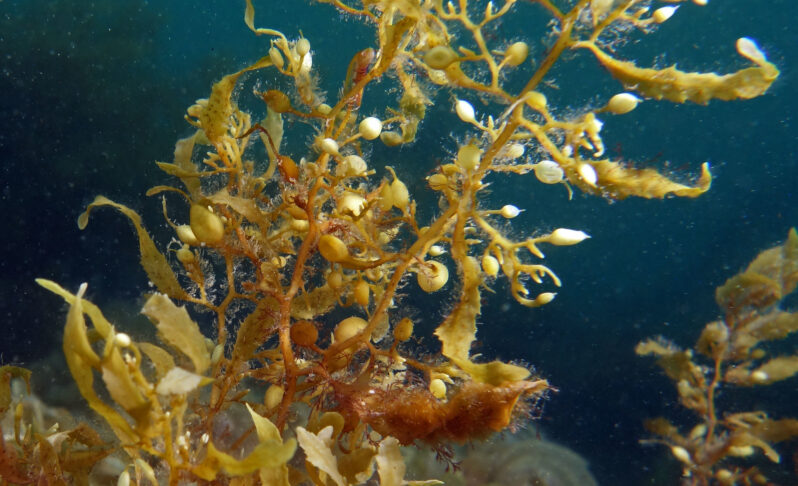
In shallow waters, sargassum can smother coral reefs and alter the water’s pH balance, killing off local seagrasses and mangroves. It can choke boat motors, constricting local fishing yields if not cutting off whole marinas. Sargassum once clogged a desalination plant so badly that residents of the U.S. Virgin Islands were told the drinking water may not be safe…
It’s Not Just Coral. Extreme Heat is Weakening Entire Marine Ecosystems in Florida – Grist Magazine
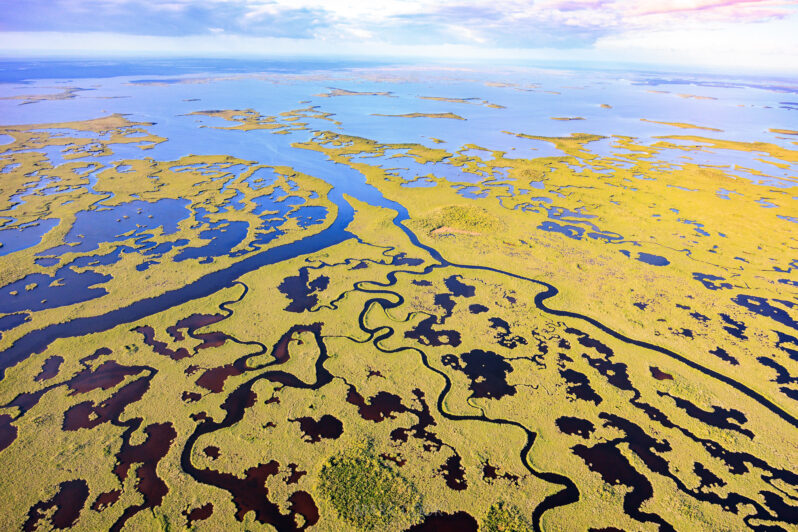
Anemones, sponges, and jellyfish are bleaching throughout the Everglades amid record temperatures. It’s a troubling sign for Florida Bay and beyond.
We studied more than 1,500 coastal ecosystems – they will drown if we let the world warm above 2℃ – the Conversation
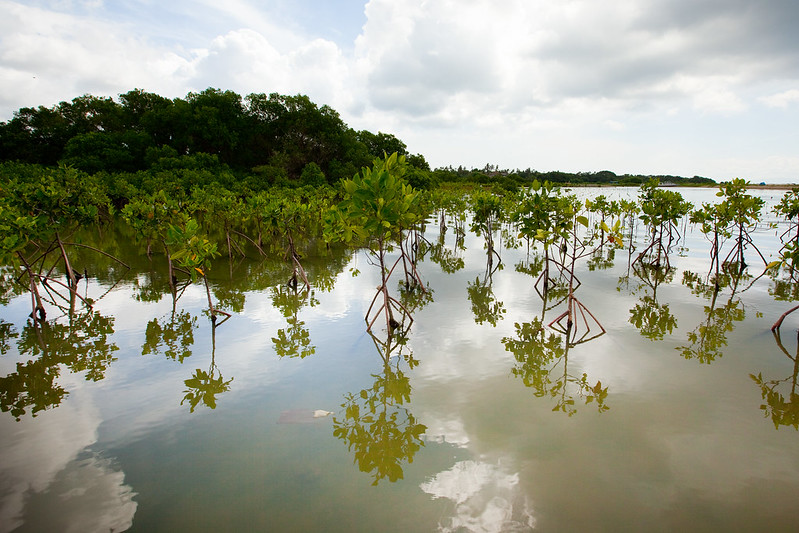
Much of the world’s natural coastline is protected by living habitats, most notably mangroves in warmer waters and tidal marshes closer to the poles. These ecosystems support fisheries and wildlife, absorb the impact of crashing waves and clean up pollutants. But these vital services are threatened by global warming and rising sea levels…
How Will Creatures That Can Barely Move Handle Climate Change? – Hakai Magazine
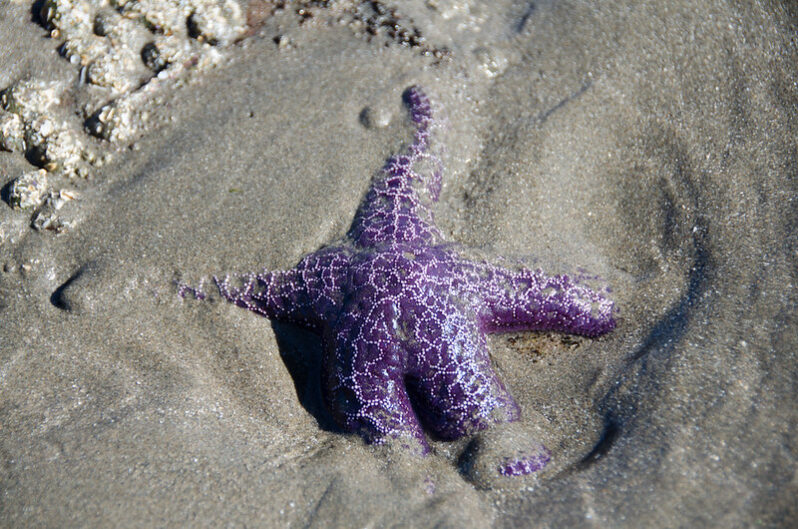
As the world warms, animals living near the coast are being battered by stronger storms, rising seas, and extreme temperatures. While fish, birds, and other species might be able to escape—often toward the poles—many marine creatures can barely move, let alone speed out of the way.
Scientists have long known that on hot days more mobile shoreline creatures like crabs take steps to control their body temperature by scuttling into cool crevices…
